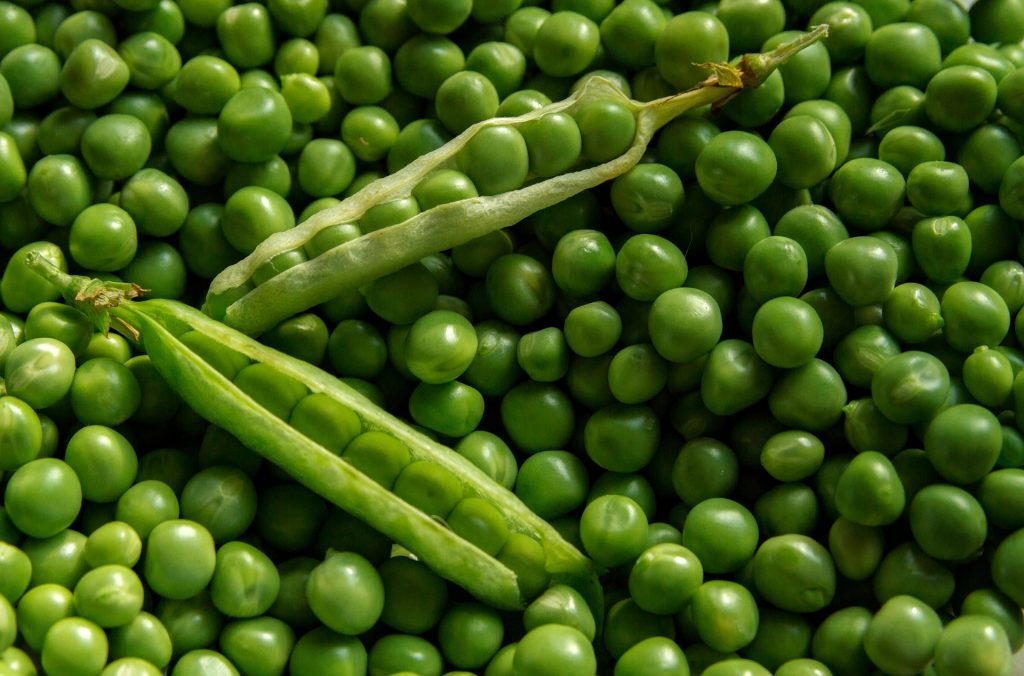 A growing number of people are becoming aware of the benefits of high protein diets. Research suggests that high protein diets produce a number of health benefits including increases in skeletal muscle, increases in resting metabolic rate, decreases in body fat and improvements in satiety. Those undergoing physical activity may benefit particularly from a higher protein diet, and a higher protein diet increases skeletal muscle mass. There are a wide number of protein choices for the non-vegetarian including dietary meat and protein supplements such as egg and milk proteins. Milk proteins are available as casein and whey proteins. Vegetarians can also utilise these protein supplements and in fact they are often marketed at vegetarians. However, vegans cannot consume egg or dairy proteins, but may wish to consume a high protein diet. Granted the choices of protein supplements are more limited, but vegan protein supplements are available. One vegan protein supplement that is useful in this regard is pea protein.
A growing number of people are becoming aware of the benefits of high protein diets. Research suggests that high protein diets produce a number of health benefits including increases in skeletal muscle, increases in resting metabolic rate, decreases in body fat and improvements in satiety. Those undergoing physical activity may benefit particularly from a higher protein diet, and a higher protein diet increases skeletal muscle mass. There are a wide number of protein choices for the non-vegetarian including dietary meat and protein supplements such as egg and milk proteins. Milk proteins are available as casein and whey proteins. Vegetarians can also utilise these protein supplements and in fact they are often marketed at vegetarians. However, vegans cannot consume egg or dairy proteins, but may wish to consume a high protein diet. Granted the choices of protein supplements are more limited, but vegan protein supplements are available. One vegan protein supplement that is useful in this regard is pea protein.
Peas being a legume are similar in their amino acid profile to soy. Legumes are naturally low in methionine, and this may limit the effectiveness of the protein if consumed in isolation. However, proteins are usually not consumed in isolation, and so the methionine lacking from the pea protein can be supplied by other foods, notably grains that are adequate in methionine. A mixed diet supplemented with pea protein supplements can therefore provide all the amino acids required for human needs, and this makes pea protein supplements an excellent choice for vegans. The effectiveness of pea protein has been compared directly to that of whey in terms of its muscle building properties in humans. For example, in one study, researchers fed healthy male subjects between the ages of 18 and 35, either 50 grams of pea or whey protein daily for 12 weeks while they undertook upper body resistance training. The researchers measured the strength and thickness of the bicep brachii muscle before and after the study period.

Vegetables proteins often have a reputation for being inferior to animal proteins. In terms of isolated bioavailability this may be true. Vegetable proteins often do not provide all of the essential amino acids required by humans for growth. For example, legumes are naturally low in methionine, and when eaten in isolation, the low levels of methionine limit the growth potential of the individual. However, the methionine can be obtained from other foods in the diet. Grains for example have adequate methionine. Consuming legumes with grains therefore provides a complete amino acid profile, and therefore the methionine content of the diet become adequate for growth. Direct comparisons of vegetable and dairy protein supplements show no real difference between the two in terms of muscle building effects in resistance training humans.
The results of the study showed that both proteins had muscle building effects. In this regard, both proteins increased the mass and strength of the bicep muscle when compared to performing resistance training with no additional protein. However, there was no difference between the pea and whey protein groups in terms of the size or strength gains of the muscle. Therefore pea protein provides similar gains in muscle strength and size compared to whey protein and is therefore a viable alternative for vegans who wish to increase their protein intake. Research such as this shows that vegetable proteins can be as effective as animals protein in terms of their muscle building effects, and the reputation that vegetables proteins have for being inferior is not deserved. Studies showing the inferiority of vegetable proteins often use the proteins in isolation in animals models where the lack of individual amino acids does inhibit growth of the animals. However, as part of a whole diet vegetable proteins are not inferior to other protein supplements.
Eat Well, Stay Healthy, Protect Yourself
RdB
